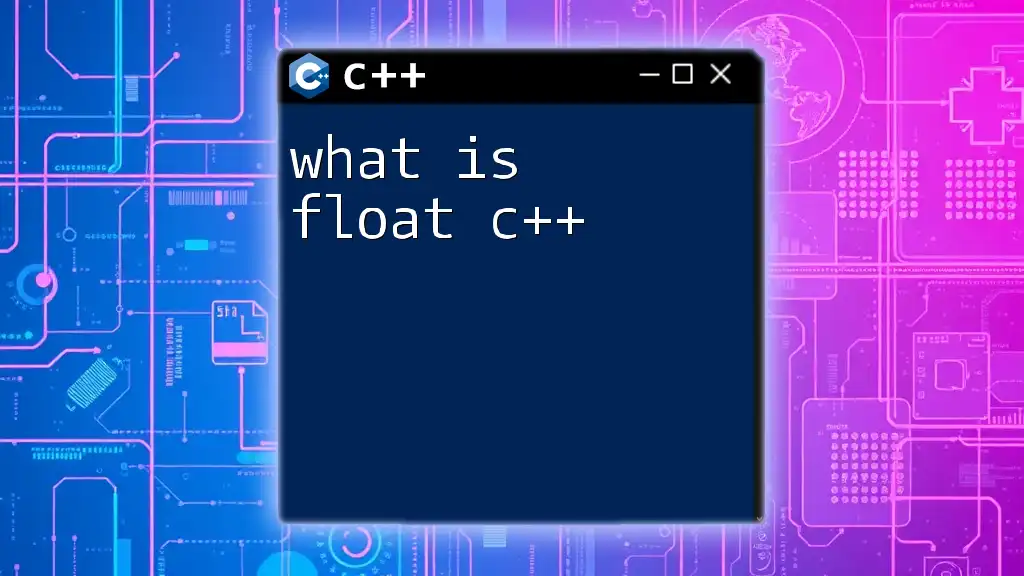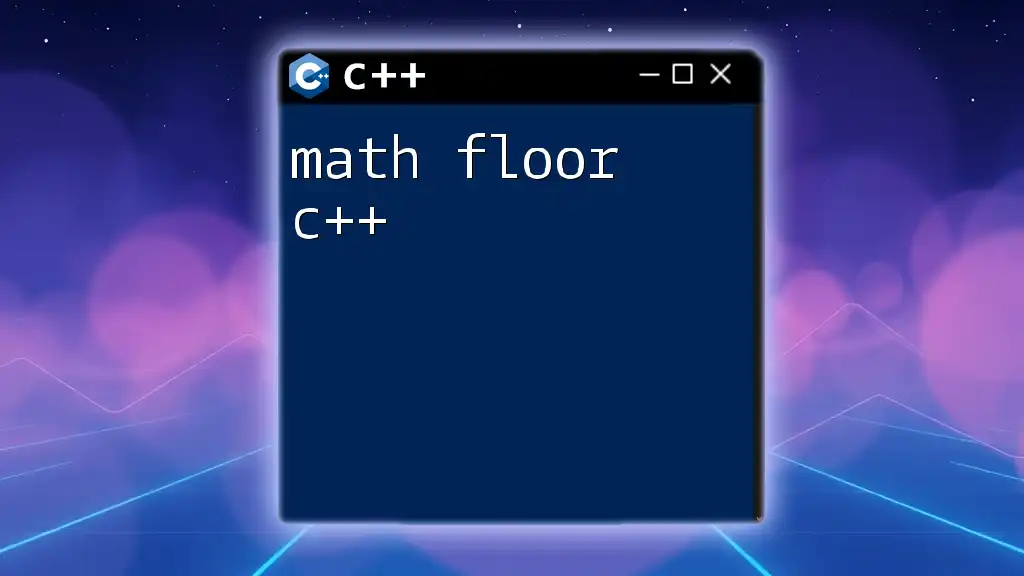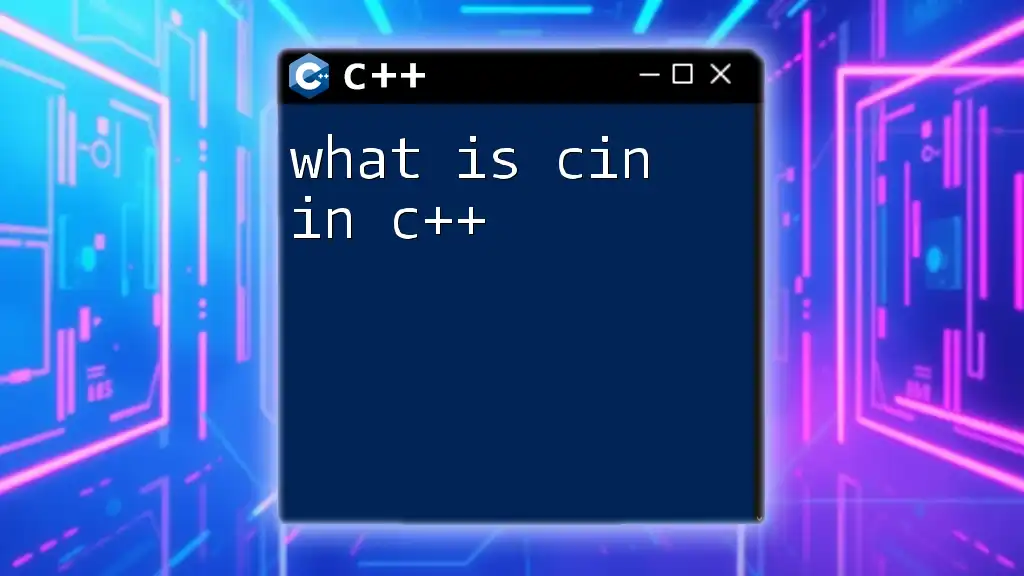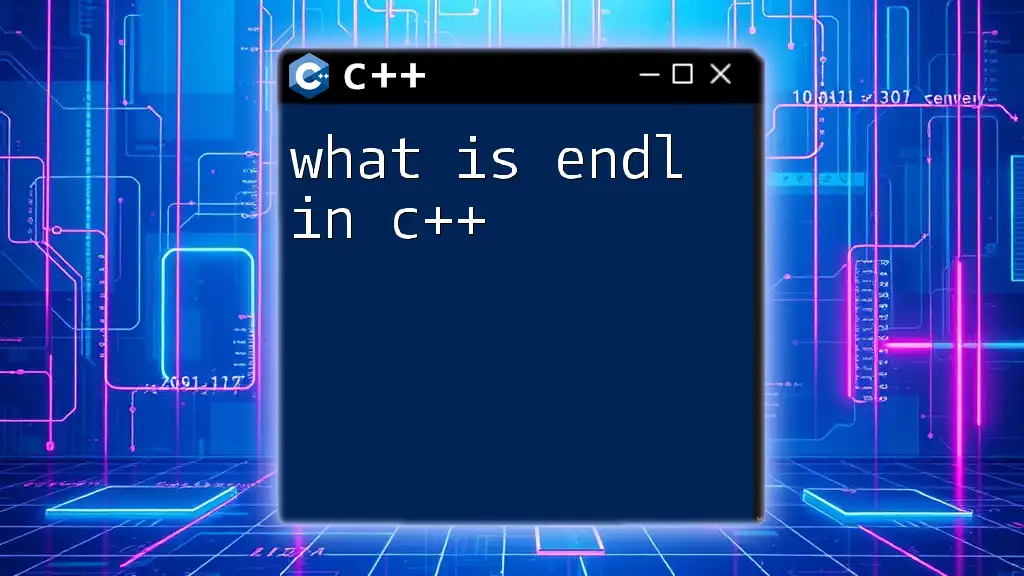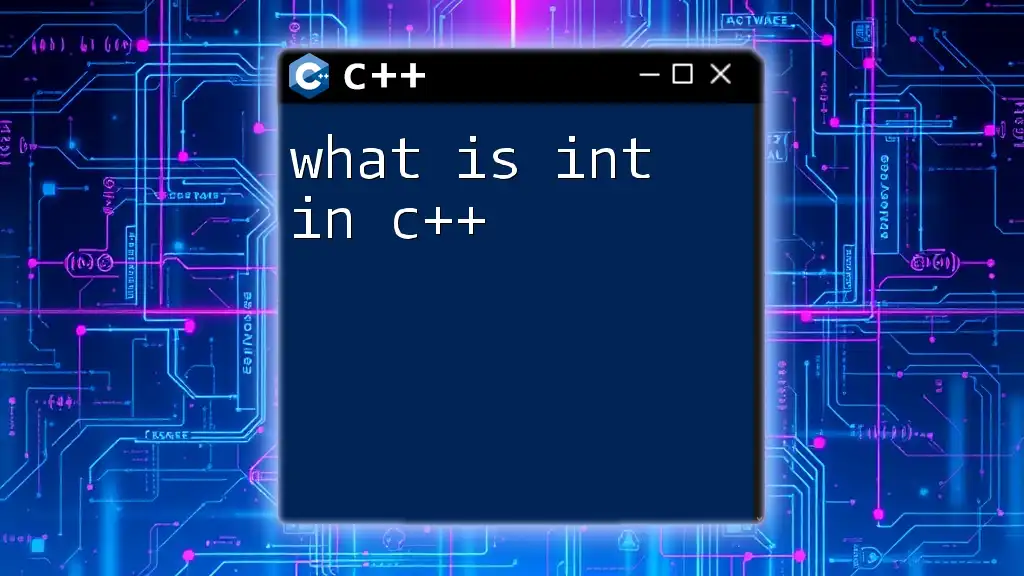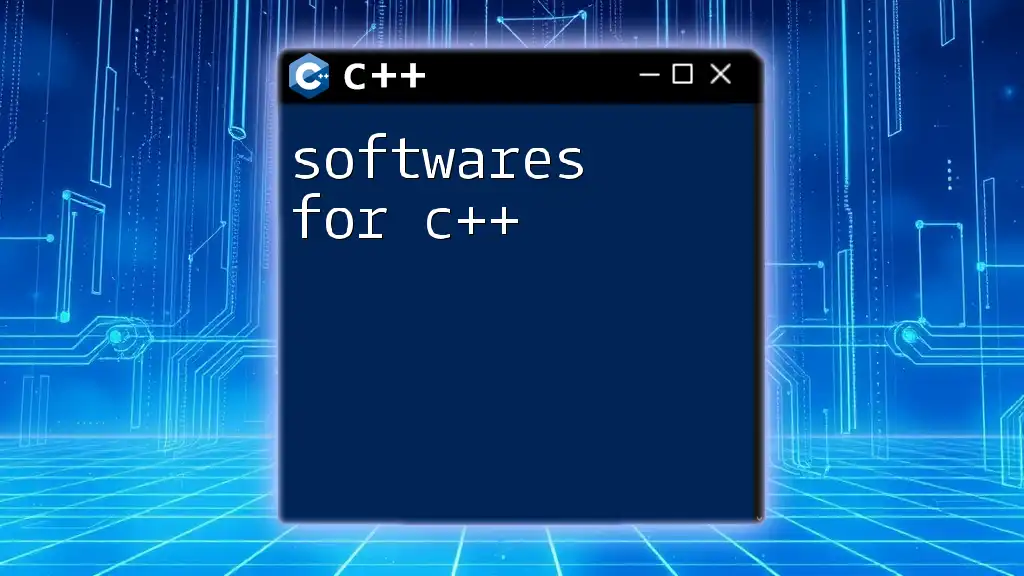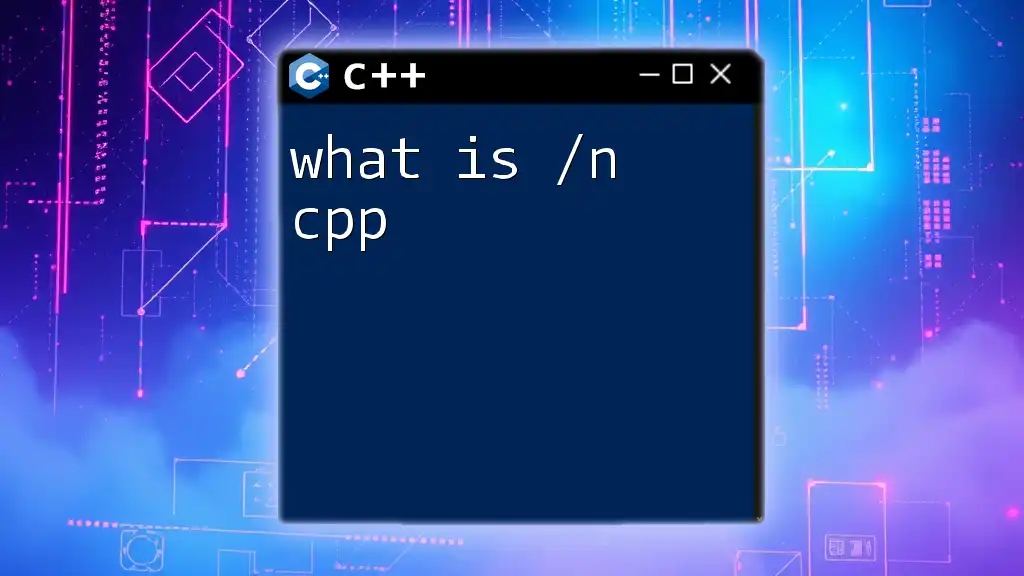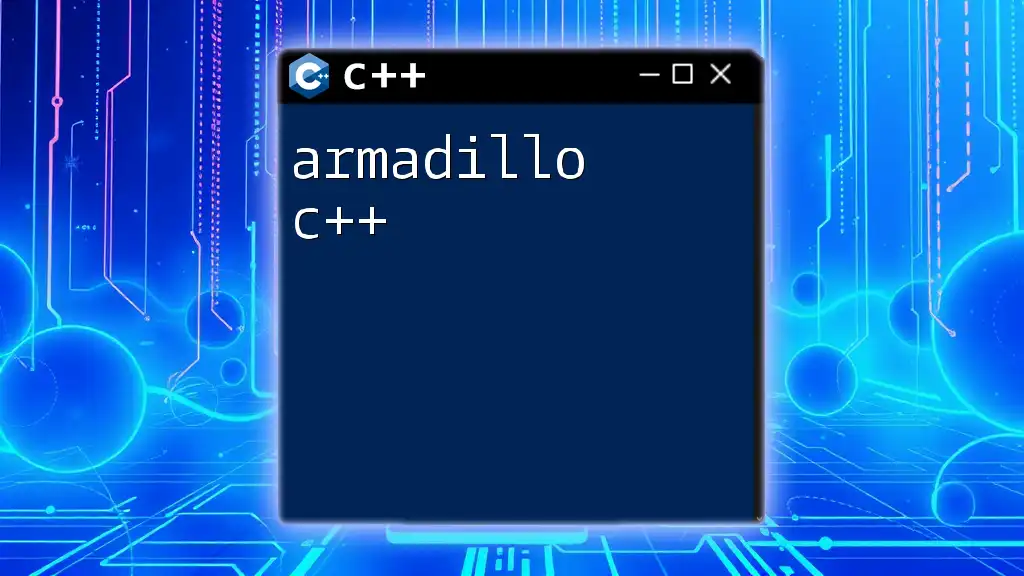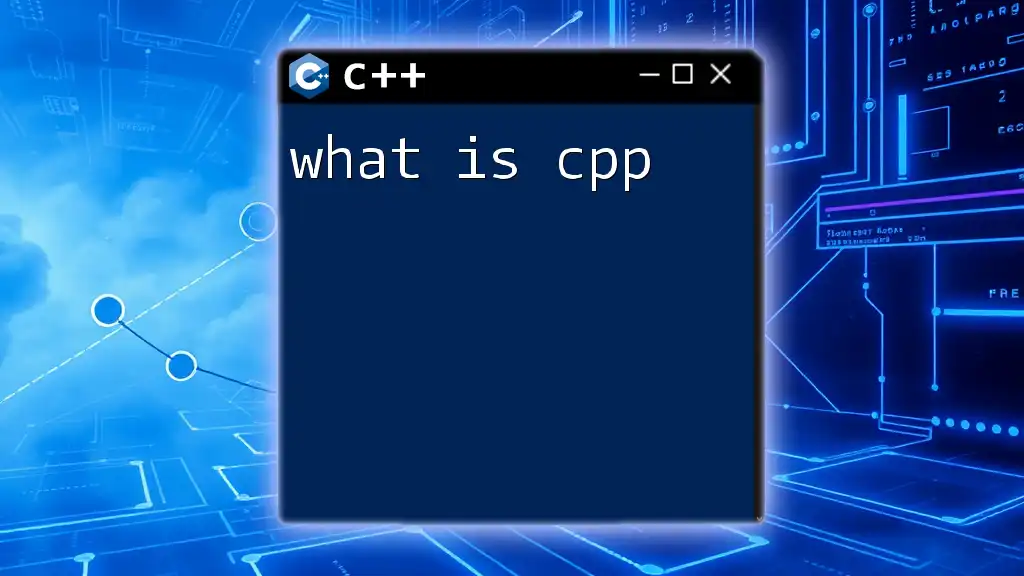In C++, a `float` is a data type used to represent single-precision floating-point numbers, allowing for the storage of decimal values.
float pi = 3.14f; // Example of a float variable representing the value of pi
Understanding Data Types in C++
In C++, data types are fundamental concepts that define the nature of data a variable can hold. The primary categories of data types in C++ include:
- Primitive types such as `int`, `char`, `bool`, `float`, and `double`.
- User-defined types that allow you to create custom data structures like classes and structs.
Among these, float stands out as a data type specifically designed to handle decimal numbers. This feature makes it essential for scenarios requiring fractional precision.
What Makes Float Unique?
The float data type offers a unique balance of performance and precision, often utilizing 4 bytes of memory. When dealing with numerical computations in programming, you might often find yourself comparing float with its counterparts:
- int: Used for integers (whole numbers) without decimal points.
- double: A double-precision floating-point, typically 8 bytes, offering more accuracy than float.
When weighing a float against these types, it becomes clear that while float is less precise than double, it offers significant advantages in terms of performance where extremely high precision is not required.
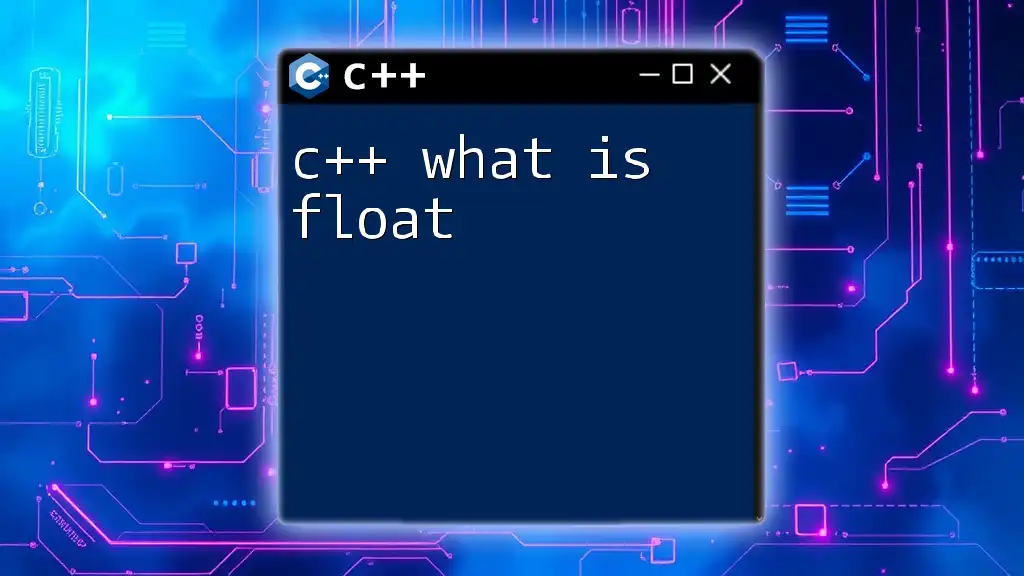
What is a Float in C++?
A float variable in C++ is a designation that allows the representation of numbers that have a decimal point. It permits the storage of real numbers, enabling developers to perform arithmetic operations on a wider range of numerical values beyond mere integers.
To declare a float variable, you use the following syntax:
float myFloat = 5.67f;
In C++, the `f` suffix indicates that the literal is a float, distinguishing it from other numerical types. This is especially important when assigning constant values to float variables to prevent unintentional type conversion.
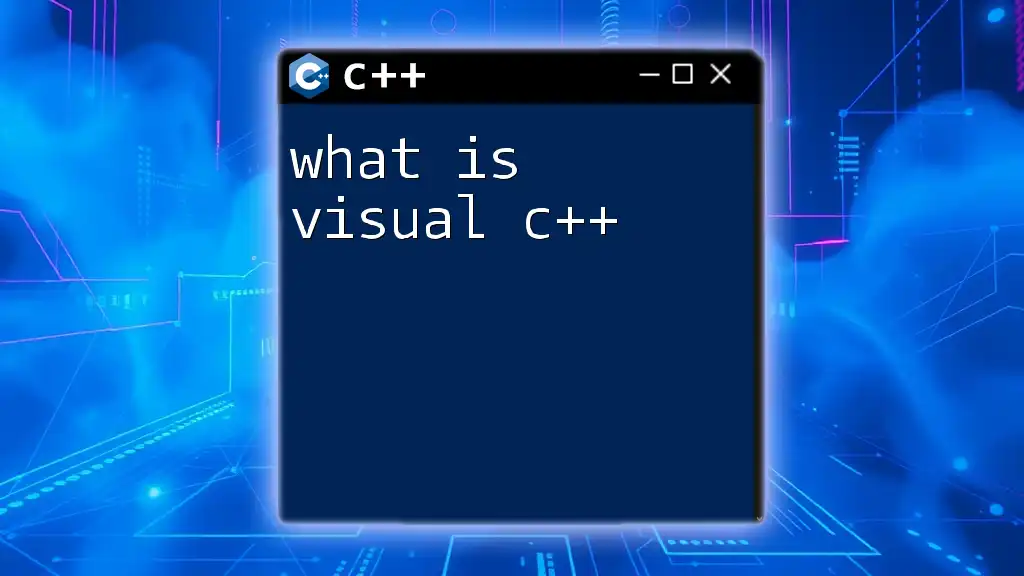
Characteristics of Float in C++
Precision and Accuracy
The precision of a float variable is generally around 7 decimal digits. This precision means that while you can handle a significant range of numbers, the fidelity may diminish for values that demand exact decimal representation.
For comparison, a double data type offers around 15–16 digits of precision, making it favorable for tasks requiring higher accuracy.
Memory Size
In C++, a float takes up 4 bytes of memory. This streamlined size often leads to faster processing times compared to double. You can check the memory size using the `sizeof` operator:
std::cout << "Size of float: " << sizeof(float) << " bytes" << std::endl;
Understanding the memory allocation helps in optimizing performance, especially in applications where a large number of float variables are used.
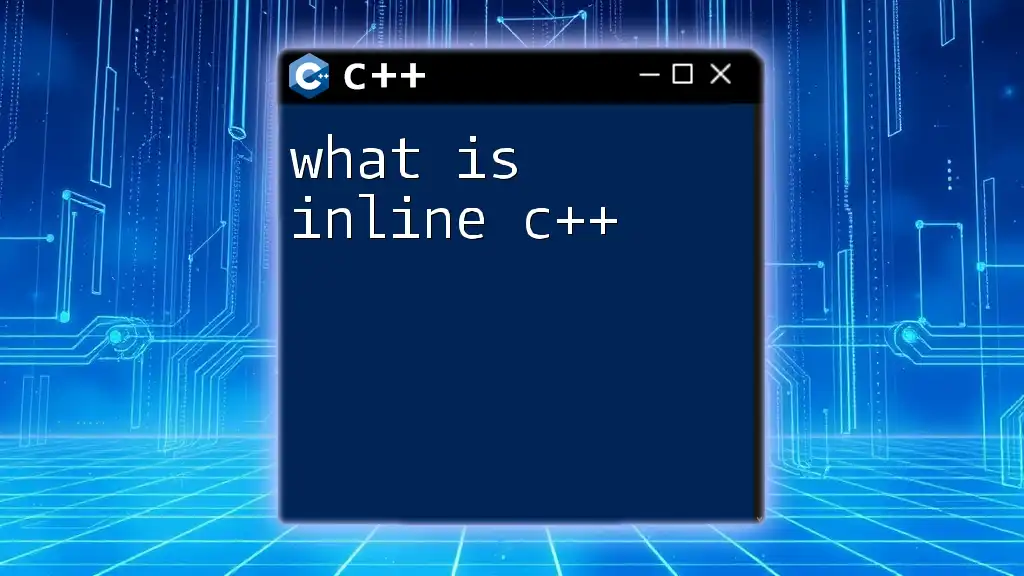
Declaring and Initializing Float Variables
How to Declare Float Variables
Declaring float variables is straightforward and follows the syntax:
float variableName;
Best practices for naming float variables involve using meaningful names that reflect their purpose, aiding in code readability. For example:
float interestRate;
Initializing Floats
Float variables can be initialized upon declaration or assigned values later. Here’s how you can do both:
float initialValue = 3.5f; // Declaration and initialization
float taxRate; // Declaration only
taxRate = 0.07f; // Assignment
It’s crucial to note the distinction between implicit and explicit initialization. For example, an implicit assignment might look like this:
float pi = 3.14159; // Implicitly assigned
Using explicit initialization (with the `f` suffix) can help avoid confusion with double precision numbers.
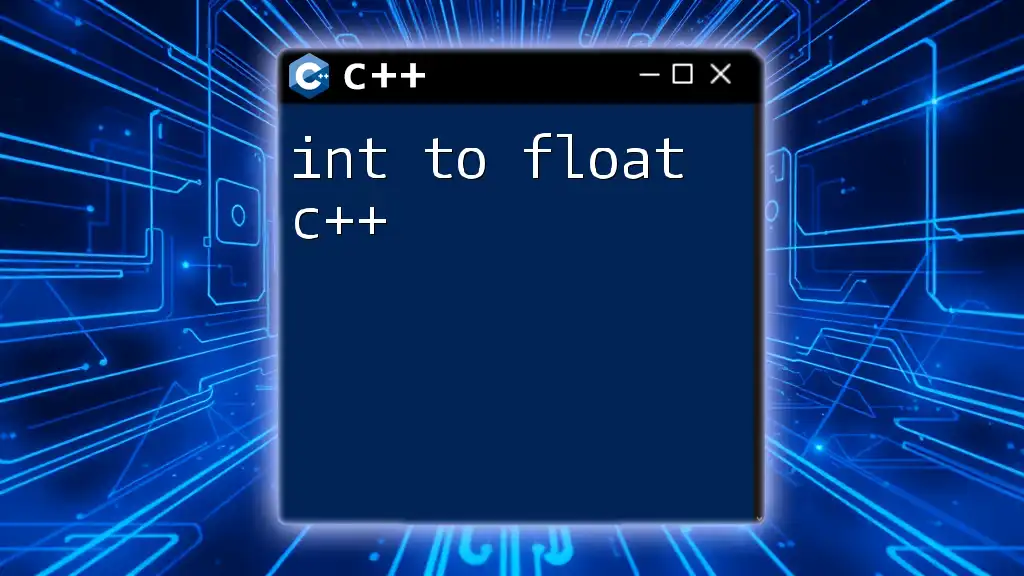
Operations with Float in C++
Arithmetic Operations
Floats enable performing standard arithmetic operations such as:
- Addition
- Subtraction
- Multiplication
- Division
For instance, if you have two float variables:
float firstValue = 3.5f;
float secondValue = 4.2f;
float result = firstValue + secondValue;
Common Pitfalls
While float is advantageous, it’s important to be aware of potential issues, particularly with floating-point rounding errors. This is crucial when precision matters. Consider the following example:
float preciseValue = 0.1f + 0.2f; // This may not equal 0.3f
In this case, due to the inherent limitations in representing decimal values in binary format, `preciseValue` might yield a result that is not exactly equal to `0.3f`. Such results can lead to unexpected behavior in calculations, especially in conditional checks or loops.
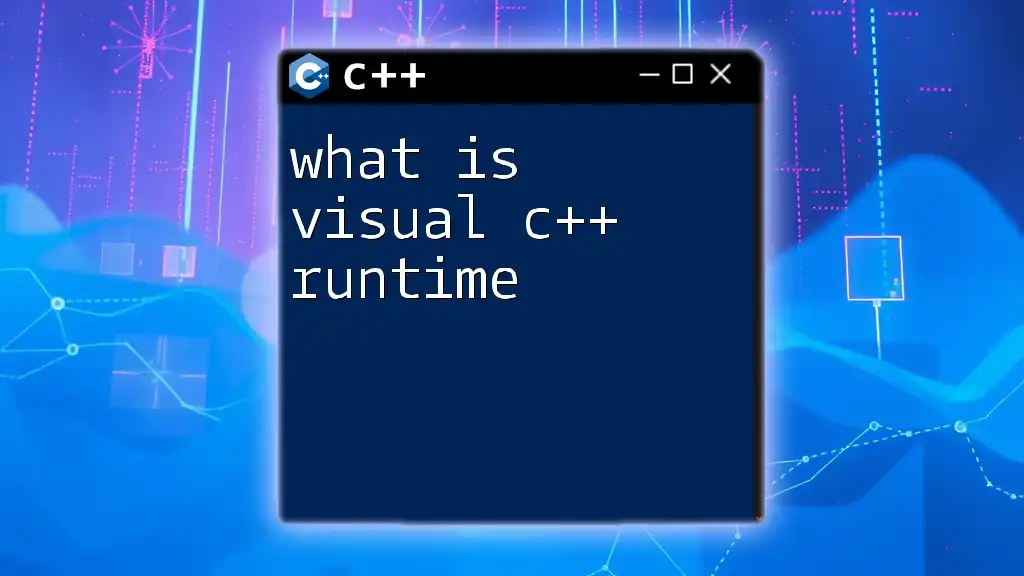
Using Float in Functions
Passing Floats to Functions
When working with functions, you can pass float variables either by value or by reference. Here’s a simple function that accepts a float parameter:
void printFloat(float number) {
std::cout << "Float value: " << number << std::endl;
}
This method allows you to manipulate floats without altering the original variable, unless you opt to pass by reference.
Returning Floats from Functions
You can also return float values from functions, which is particularly useful in mathematical computations. Here’s an example of a function that computes the area of a circle:
float calculateArea(float radius) {
return 3.14159f * radius * radius;
}
By utilizing float in such scenarios, you maintain concise values that represent complex mathematical functions.

Float and Type Conversion
Implicit and Explicit Type Casting
Implicit type conversion occurs automatically when compatible types are used. For example:
int num = 5;
float converted = num; // Implicit conversion from int to float
Explicit conversion, on the other hand, requires the use of a casting operator. Consider the following:
float precise = static_cast<float>(num);
This explicit approach ensures clarity and prevents unintended data loss during type conversions.
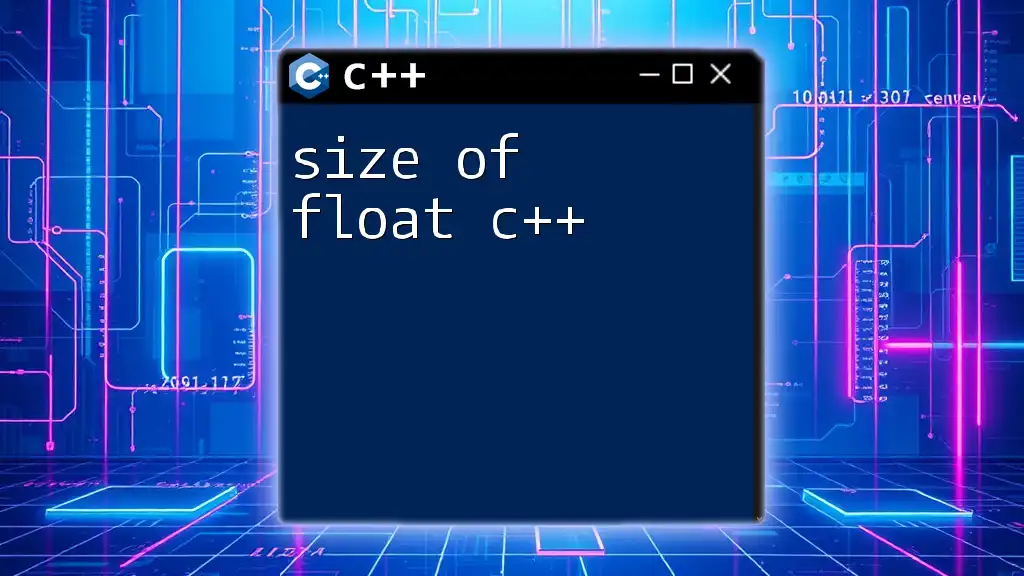
Precision Control with std::setprecision
Using the `iostream` library allows for manipulation of output precision in C++. Utilizing `std::setprecision`, you can control how many decimal places are displayed.
Here’s an example of outputting a float with specified precision:
#include <iostream>
#include <iomanip>
std::cout << std::fixed << std::setprecision(2) << myFloat << std::endl;
In this case, the float will be formatted to show exactly two decimal places, which is immensely beneficial for display purposes, especially in financial applications.
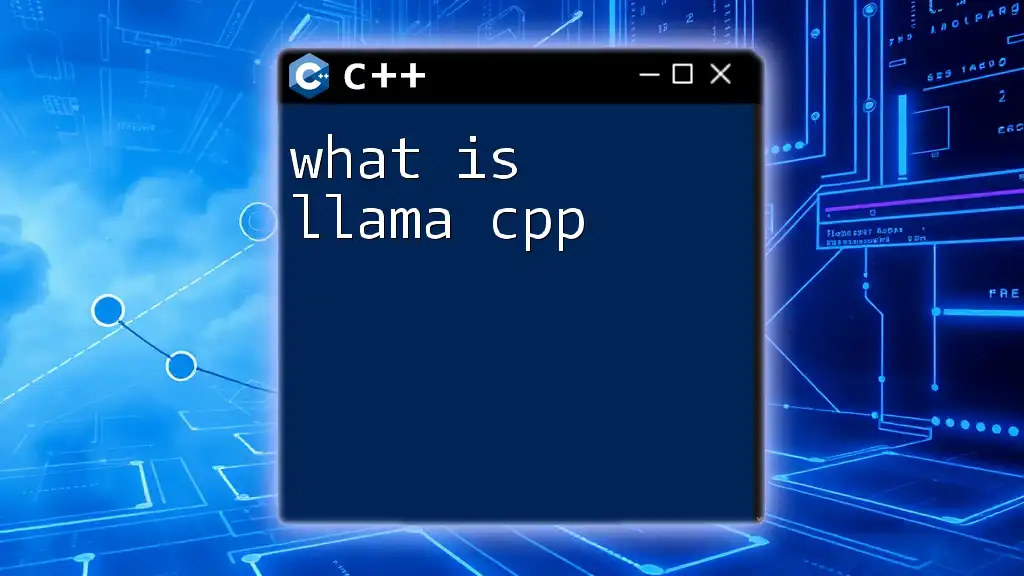
Conclusion
In summary, float in C++ is an invaluable data type for handling real numbers and fractions. Its balance between performance and precision makes it suitable for many applications, though awareness of its limitations, such as rounding errors, is essential. By understanding how to effectively use float variables, you can enhance your programming skills and create more efficient code.
Embrace float in your C++ projects, experiment with its functionalities, and continue refining your understanding of data types to elevate your programming capabilities!

